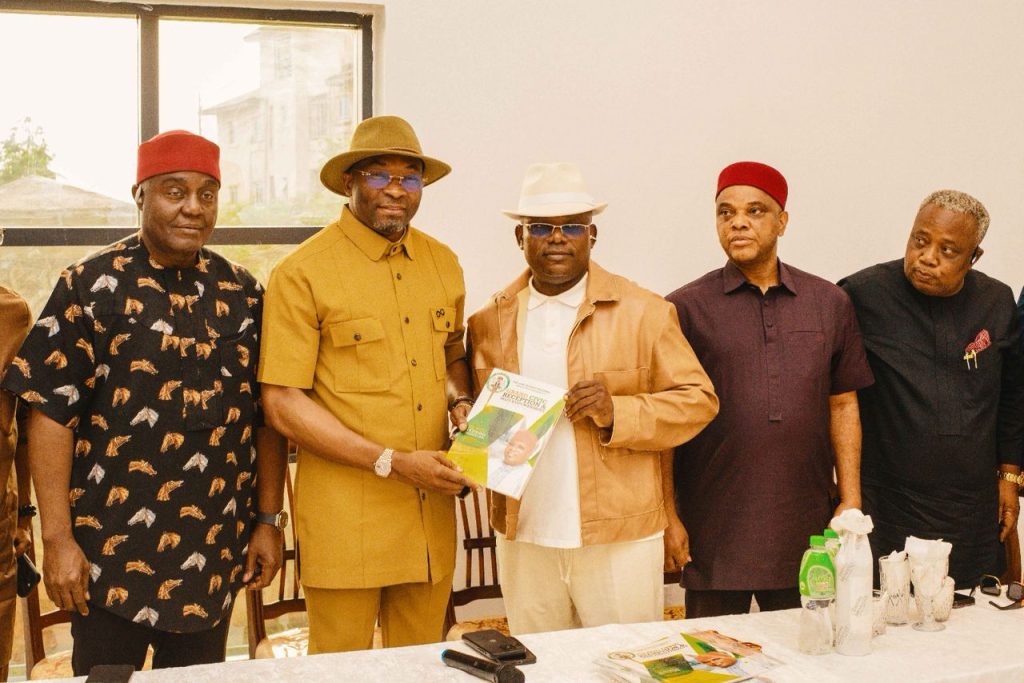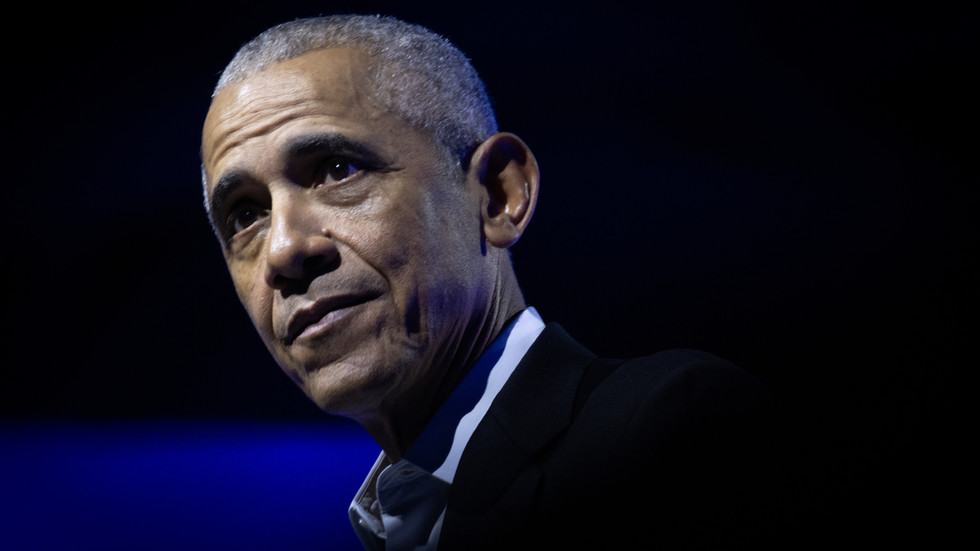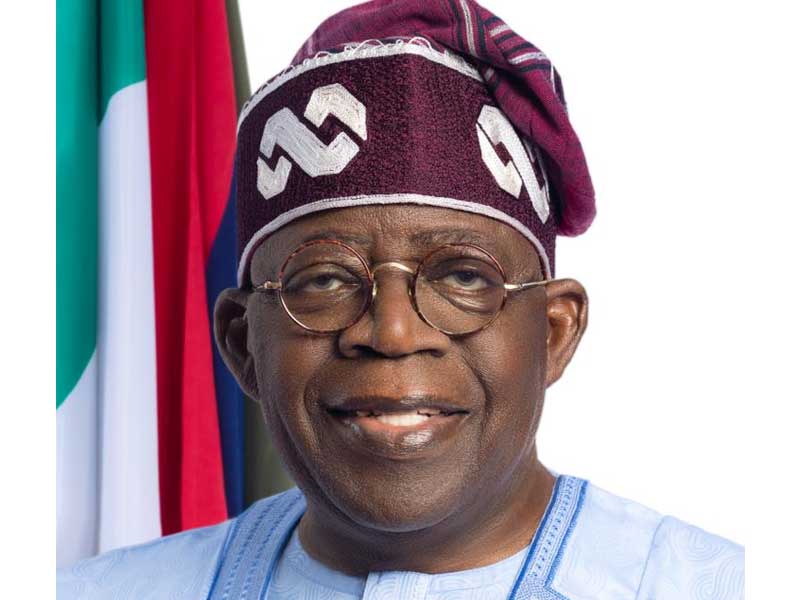The All Progressives Congress (APC) in Lagos State has stated that the party remains the best option for Rabiu Kwankwaso, the 2023 presidential candidate of the New Nigeria Peoples Party (NNPP), and his supporters. This assertion was made by the Lagos APC spokesman, Mr. Seye Oladejo, in a statement released on Friday.
According to Oladejo, the APC has been observing Kwankwaso’s political trajectory with interest. There have been suggestions that Kwankwaso is considering returning to the APC. Oladejo noted that the NNPP has limitations, lacking the spread, depth, and resilience required to thrive on the national stage. He emphasized that continuing to deny these limitations would be a waste of the loyalty of Kwankwaso’s followers.
In contrast, Oladejo described the APC as the strongest, most inclusive, and most formidable political party in Nigeria. He highlighted the party’s ability to unite diverse tendencies from north to south and provide tested leadership that delivers real governance. Oladejo urged Kwankwaso to stop wasting his political energy on platforms with no capacity to actualize his dreams and those of his supporters.
The Lagos APC spokesman extended a hand of fellowship to Senator Kwankwaso and his movement, emphasizing that the time has come to stop wasting political energy on experiments destined for the archives of history. He also dismissed the Peoples Democratic Party (PDP) as an option, describing it as a laughing stock that has overstayed and outlived its relevance. Oladejo characterized other opposition parties as “a party of contradictions, riddled with infighting and consumed by desperation.”
Oladejo reiterated that the APC remains the only true national platform where ambition meets opportunity, and where collective progress is placed above petty personal interest. He emphasized that joining the APC is not just the best bet for Kwankwaso and the NNPP, but the only bet, given the limitations of other opposition parties. The APC’s invitation to Kwankwaso and his supporters may have significant implications for Nigeria’s political landscape, particularly in the context of the country’s evolving party dynamics.



